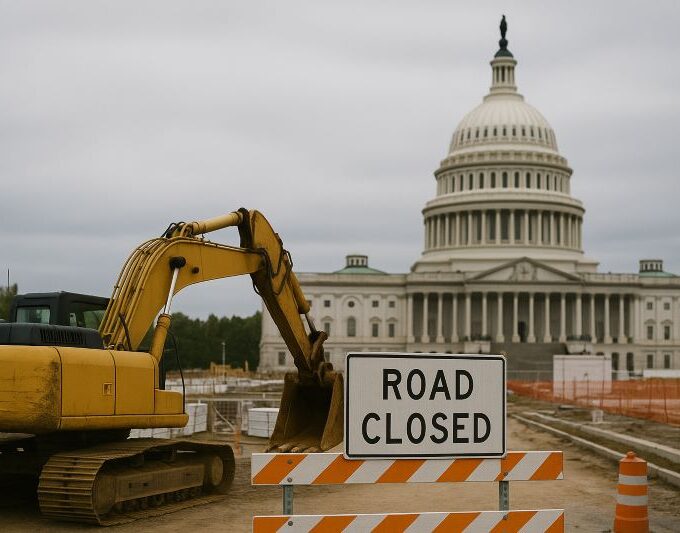After the results of the second round of voting in the French legislative elections resulted in a parliament with three major political groups, a thorny question is: Who will be France’s prime minister? What are the next steps? Is France headed for institutional paralysis?
When should President Macron appoint a new government?
France’s Le Monde newspaper said there are no rules in France requiring the government to necessarily resign after parliamentary elections, or when, or any rules requiring President Macron to appoint a new prime minister at any time. The newspaper quoted a lecturer in public law as saying that in France, “it is customary for the government to resign after legislative elections.” Prime Minister Attal is not obliged to roll over immediately; he can wait until a successor is available before leaving office.
However, President Macron cannot completely ignore the new political situation after the elections. The government, which is in the minority in the National Assembly, faces the threat of a motion of no confidence. The first session of the new National Assembly is scheduled for July 18, and according to the French constitution, a motion of no confidence in the government can be tabled at that session. With the presidential camp holding only 168 of the 577 total seats in Parliament, the motion of no confidence is likely to be passed, which would lead to the immediate fall of the Attal Government.
How was the French Prime Minister born?
Theoretically, Macron could appoint anyone he wanted as prime minister. But again, French institutions and systems are not designed to allow Macron to ignore the views of a majority of MPs, because a government that goes against the views of a majority of MPs could be the subject of a no-confidence motion and thus be overthrown. Macron therefore needs to choose a candidate who can command the support of a majority of MPs, or at least who will not be unpopular with a majority of MPs.

If a political camp has an absolute majority in Parliament, i.e. 289 MPs, the situation is simple: the Prime Minister is appointed from that camp.
However, after Sunday’s election, no political camp has an absolute majority in the parliament, and the largest political camp in the parliament, the Nouvelle Populaire, has only 182 MPs, far from an absolute majority that would allow it to seize power unchallenged. In the case of the new French Parliament, there are three major political groups, none of which has a clear majority, so the risk of institutional paralysis is real.
The French newspaper Le Monde says that the negotiations over the choice of prime minister could go several ways in the coming days:
Union
Since there is no political group with an absolute majority in Parliament, coalitions can be formed so that more than 50 per cent of the members of Parliament support a particular individual as Prime Minister or a particular contract of governance. The “Government of National Unity” or the “Interim Government” are examples. However, French political parties do not appear to be on this path at present.
Minority Governments
Macron can appoint a government without the clear support of an absolute parliamentary majority. This was the case with the former Borné and Attar governments. From 2022 to 2024, the Macron camp had a relative majority of only 246 seats (43%) out of 577 seats in parliament. Yet, these two minority governments lasted a total of two years because the right-wing, left-wing and far-right opposition never united to overthrow them. Whenever these two Governments have had to adopt legislation, they have sought a parliamentary majority on a case-by-case basis, often resorting to article 49.3 of the Constitution.
In the new Parliament, it is theoretically possible for the Alliance of the Left to form a minority government, but this would require the tacit support of at least 93 MPs from other factions. It is also possible for the presidential camp to form a minority government, but this would require the tacit support of 121 MPs from the right or the center-left. As for the Republican Party and the far-right National Union, given their parliamentary profile, the chances of their forming a minority government are too slim.
To be sure, the minority government faces the threat of a no-confidence motion in the National Assembly, which could lead to a rapid change of government.
Technical Government
In other words, Macron could appoint someone with no party affiliation as prime minister and seek parliamentary support on a case-by-case basis every time there is a reform bill. Italy has settled this way many times, but such governments never last long either.
Finally, according to the French constitution, Macron cannot immediately dissolve parliament again, and it will take a year before he can do so again.












